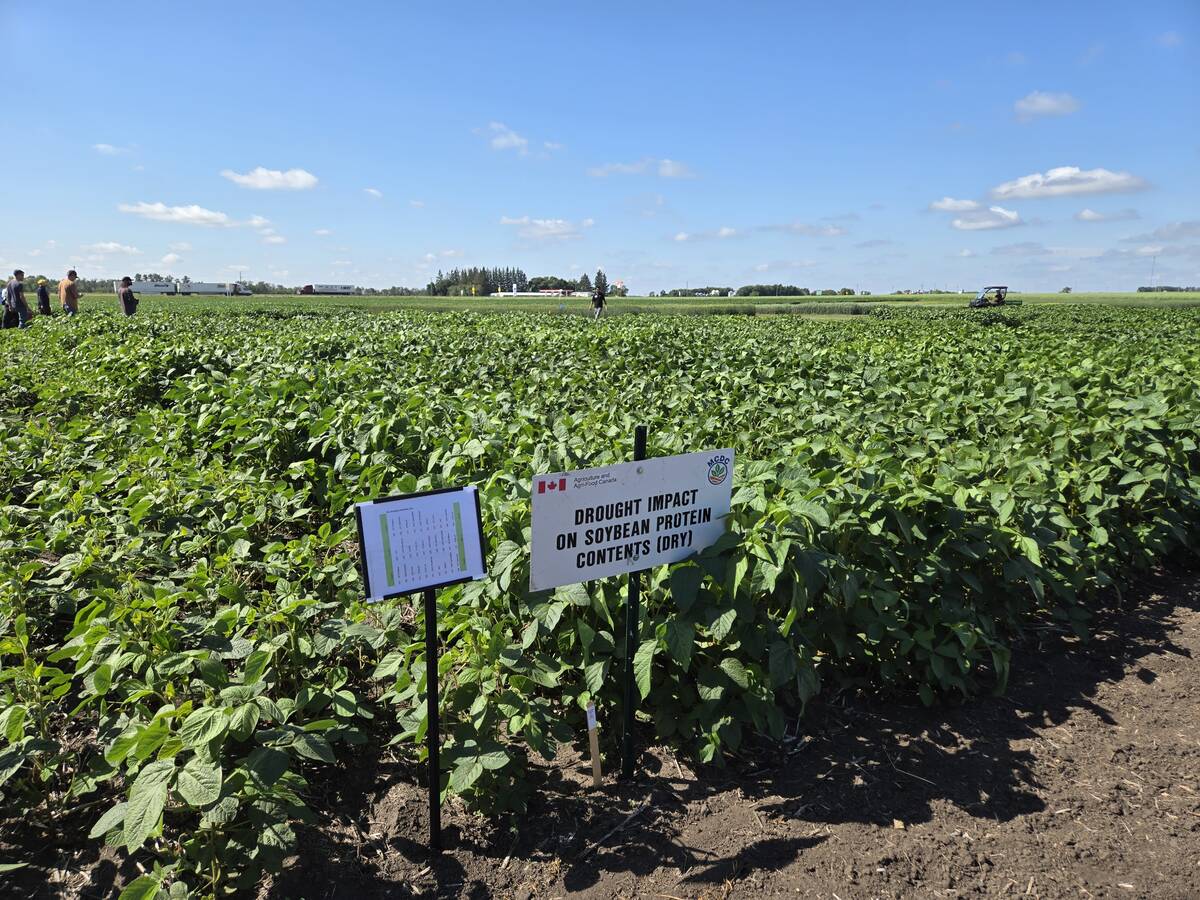Concern about the future of regional crop evaluation trials in Alberta may result in prairie growers taking over the program.
The Alberta government won’t fund the research after this year and Alberta Barley Commission chair Terry Young said that could deny producers an independent assessment of varieties.
The regional trials compare crop varieties side-by-side at various locations to see how they perform in different soil and weather zones. Producers can then choose the best variety for their areas.
Growers have known for some time that the province would no longer fund trials or provide in-kind support for the program after this year.
Read Also

Carberry field day looks for agriculture solutions
Manitoba farmers explored research solutions for resilient crops, perpetual agronomic issues and new kinds of agricultural products at a field day at the Manitoba Crop Diversification Centre in Carberry on Aug. 6.
“I suppose we don’t realize the finality of it until they actually do it,” Young said from Red Deer.
“It’s really the one unbiased and independent source of information for variety specifics. We would hate to see that independent voice go by the wayside.”
Retired University of Alberta plant breeder Keith Briggs is putting together a proposal that could use check-off money collected by various commodity commissions to keep the trials going.
Young said various companies will run their own trials but producers need a third party to validate the results.
Briggs, who initiated Alberta’s regional trial program in 1972, said the government no longer considers post-registration testing to be
research.
“For the relatively low cost of this program we’re really quite disappointed that the government doesn’t see fit to put a little bit of money into this,” he said.
Fight under way
Briggs chairs the Alberta Cereal and Oilseeds Advisory Committee and through his consulting company is working on a proposal to work with Manitoba and Saskatchewan to keep regional trials alive.
Funding was supplied by the Agricultural
Research and Extension Council of Alberta, which represents 14 grower associations.
Briggs said there is value in having one large database containing trial information for crops throughout Western Canada. A single, post-registration trial system could be more efficient, he added.
The challenge, however, is to get producers together and consider how to fund such a program. A generic checkoff is one possibility.
“The industry would have to stimulate and get some sort of movement on new funding,” Briggs said.
Funding for the 2007 Alberta trials came from various industry players but Briggs said sustainable, long-term funding is needed.
His report is to be filed in October.
“I’m hoping that by the end of the summer we will have a good feeling as to whether these groups are comfortable (with proceeding),” he said.















